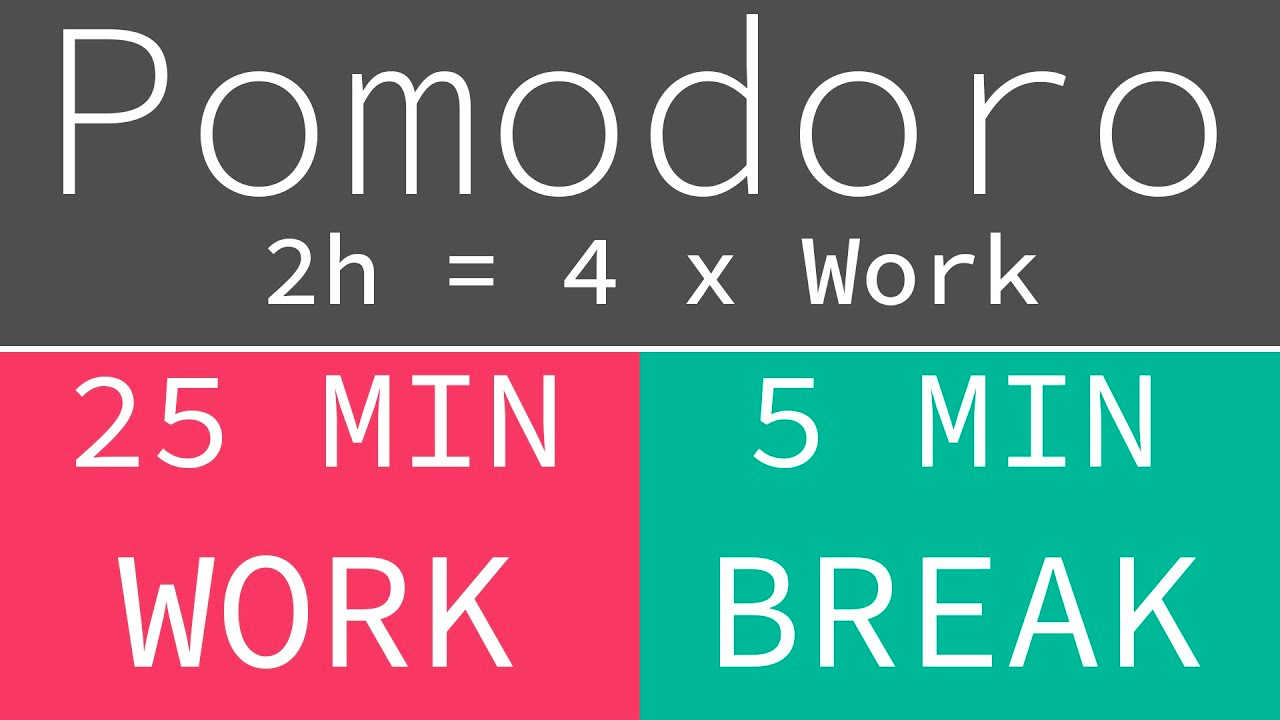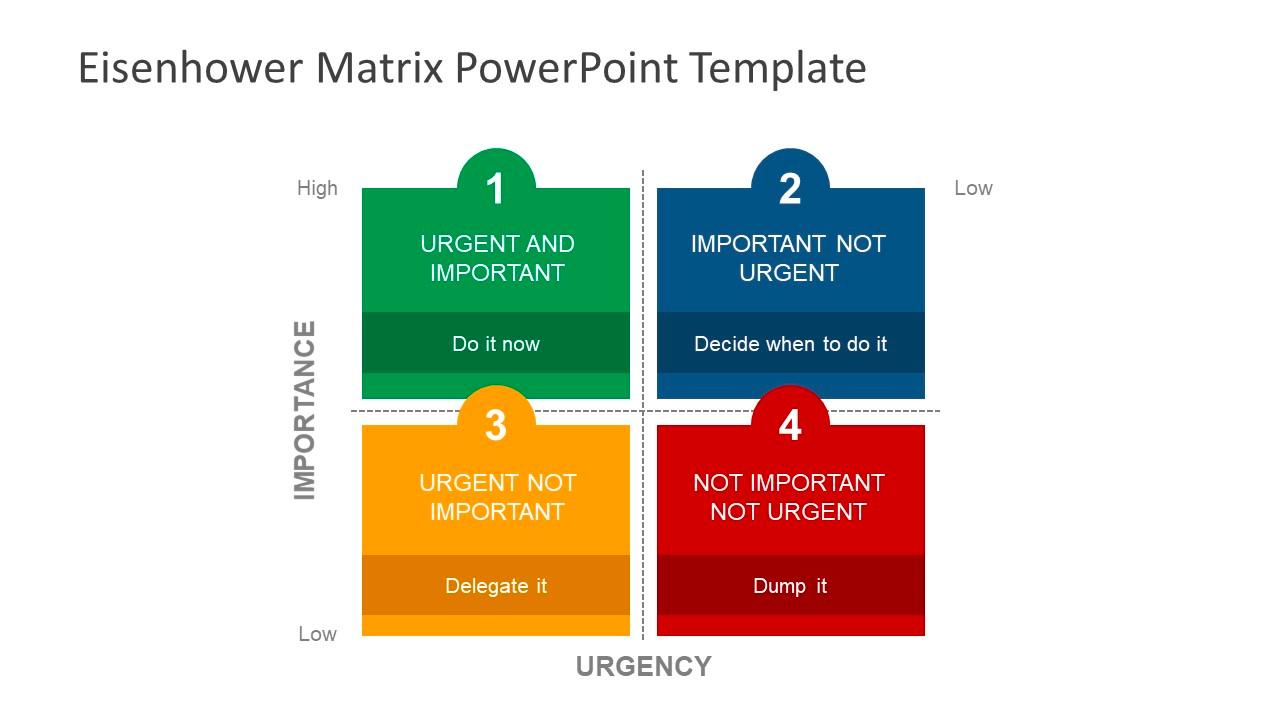Importance of Time Management in the Workplace in 2026

Have you ever wondered if you would have enough time in the day to fulfill everything on your to-do list?
Everyone needs help with time management. Remaining focused and productive during the day might be difficult.
Since we were kids, our parents and teachers have repeatedly instilled in us the need to manage our time and resources effectively. However, how does time management work in the office? Is it truly so essential to our professional success?
Definitely yes!
To accomplish career goals and keep on top of daily responsibilities, time management is essential. Lack of time management can lead to work piling up, missed deadlines, and increased stress.
But as we all know that mastering time management is easier said than done.
What can you expect from this article? Well, from the significance of time management in the workplace to some fantastic tips and tactics to help you manage your time like a pro! Everything will be covered in this article.
So, are you set to organize your day? Let's dive in!
Benefits of Time Management in the Workplace
Effective time management can make all the difference in achieving your goals and advancing your career in the workplace.
We will delve deeper into the benefits of time management in the workplace.
1. Enhanced Efficiency and Productivity
As an employee, you can save yourself from all the tension and anxiety that frequently accompany hurried work and poor performance. Additionally, you can enhance your quality of life and maximize your work flexibility.
For instance, if you finish your work before the deadline, you get extra time to participate in other productive activities. It can also result in better career growth.
2. Reduced Stress Levels
Planning and completing the most necessary tasks helps reduce anxiety and foster a more pleasant work environment. Effectively managing your time can also increase your sense of accomplishment, improving one's general well-being.
For instance, employees who efficiently manage their time can prioritize jobs like a pro. They can also relieve the tension of attempting to do every task simultaneously. This may contribute to a relaxed work environment.
3. Better Work-Life Balance

Now, who doesn't want better workplace management?
All you need is efficient time management. You can avoid working overtime and bring work home by managing. You can spend more time with your family, friends, and hobbies. This will result in a more full and happy existence outside the job.
4. Boosts Your Decision-Making Skills
With good time management, employees can make better decisions about priorities and timelines. This can lead to better planning, resource management, and meeting or perhaps even exceeding expectations. Planning and taking charge of your work can make you more proactive and confident.
5. More Opportunities for Professional Development
Increased productivity and performance can lead to higher levels of achievement, promotions, and professional growth. Time management skills are generally recognized in the workplace and can help professionals stand out from the crowd.
Strategies for Effective Time Management
Achieving goals more effectively, being more productive, and feeling less stressed are all benefits of good time management.
Let's examine some essential techniques for efficient time management at work.
1. Goal-setting and Prioritization
Establishing priorities and goals is one of the most essential elements of efficient time management. You can prioritize your jobs based on importance and timeliness when you know what has to be done. This not only ensures that they are making effective use of your time, but it also helps to lower stress.
You could also start by dividing your goals into smaller, more doable tasks to prioritize work efficiently.
2. Scheduling and Time Blocking
Scheduling and blocking off time is yet another helpful tactic. This entails designating specified time windows for tasks such as responding to emails or finishing reports. You can avoid interruptions and distractions and increase your daily productivity.
You should also consider your rhythms and energy levels when planning your time. For example, you can plan your most crucial tasks for the morning when you are more attentive and focused.
3. Collaboration and Delegation
You can lighten your workload and concentrate on the most important job by using your colleagues' skills and expertise. Always be open to learning. Along with enhancing productivity and working relationships, this may also result in improved teamwork and communication.
When assigning work, it's essential to pick the right individual for the job and convey objectives and deadlines in unambiguous terms. By following this procedure, employees can ensure that activities are completed on time and to a high standard.
4. Cutting Down on Interruptions and Distractions
Workplace difficulties, including interruptions and distractions, are prevalent. You can reduce them by turning off social media and email notifications. You can also try locating a quiet workstation and avoid pointless meetings and phone calls. Keeping distractions to a minimum helps employees retain focus and finish tasks quickly and successfully.
5. Time Tracking and Analysis
Time monitoring and analysis are crucial for expedient time management. You can figure out where you spend the most time by tracking your time and appropriately adjusting your schedule. Analysis of time spent on various tasks also aids in pinpointing areas for enhancement and efficiency optimization. This will ultimately promote tremendous success at work.
6. Regular Breaks and Time for Self-Care
Finally, taking regular breaks and engaging in self-care is essential for employees to function at their best. You can recharge and reduce the risk of burnout by taking short breaks throughout the day.
Engaging in self-care activities such as exercise, meditation, or spending time with loved ones can also decrease stress levels. This will automatically improve work performance.
Companies can also promote personal care by offering wellness programs, flexible work arrangements, and more that support employee well-being.
Tools and Techniques for Time Management in the Workplace
Time to look at some valuable tools and techniques for time management in the workplace.
1. Apps for Time Tracking and Reporting
Time-tracking applications are one helpful tool for good time management. These tools let you track your time on tasks and highlight areas where you may enhance your efficiency.
Apploye is one of the most popular time-tracking apps. Businesses may monitor employee attendance, working hours, leave requests, and more elements on a single platform with the help of Apploye.
2. Pomodoro Technique

The Pomodoro Technique is a time management method that involves breaking your workday into 25-minute intervals separated by five-minute breaks. This technique can help you stay focused and avoid burnout. Several apps, such as Apploye Pomodoro Tracker, can help you implement this technique.
The Pomodoro technique helps you stay focused on your work and can prevent burnout and fatigue. You can recharge your energy and improve your productivity by taking short breaks between work.
3. Eisenhower Matrix

A well-liked time management tool is the Eisenhower matrix, which helps prioritize work according to priority and urgency.
Tasks are divided into four categories by the matrix: important and urgent, necessary but not urgent, important but not urgent, and not urgent and not important.
You can be sure to manage your time well and concentrate first on the most important activities by employing the Eisenhower matrix.
4. Task Delegation Tools
Another efficient time management method to manage your workload effectively is delegation. Tools for task delegation, like Asana, Trello, and Basecamp, allow you to assign tasks to team members and keep tabs on your progress. Along with fostering teamwork and communication, these tools also boost productivity.
You can manage your time well by delegating jobs so that you can concentrate on the ones that need your attention the most.
For instance, smart filtering in CRM software helps salespeople find meetings, events, calls, emails, and projects faster, saving time. Users may also create meetings and events directly from the calendar while viewing all of the activities planned for them, their peers, and everyone on the sales team on the dashboard. This helps in task delegation and better time management for sales teams.
5. Email and Calendar Management Tools
Gmail, Outlook, and Google Calendar are email and calendar management software that allows you to book appointments and set reminders. They can also assist you in efficiently managing your emails.
On the other hand, Telecalling software with features like call tracking and call recording improves telemarketing teams' productivity. Telecalling software helps in enabling data-driven decision-making and better time management. It helps track calls made, duration, and outcome, leading to efficient resource utilization.
6. CRM Tools
Using a CRM system for business can help you track and prioritize tasks, manage schedules, and improve productivity. Teams can streamline their workflows by integrating a CRM with other tools, such as calendars and task lists. Teams can also better manage their time to achieve their goals and meet deadlines. CRM platforms are easy to use and customized to fit the needs of any team size.
For example, a sales team can use CRM software to automate administrative tasks like call and activity logging, deal creation, and reporting. By reducing the time spent on administrative work, sales reps or BDRs can spend more time interacting with prospects, increasing revenue.
Conclusion
Time management is a crucial skill that can make all the difference in achieving your goals and advancing your career. Effective time management can lead to the following:
- Increased productivity,
- Reduced stress levels,
- Improved work quality,
- Better decision-making abilities, and
- Increased job satisfaction.
Prioritization, planning, and scheduling are essential techniques for efficient time management at work.
You can stay organized, focused, and productive throughout the day by managing your time wisely. So, take control of your day and maximize your time with these tips and strategies. Your success is waiting!